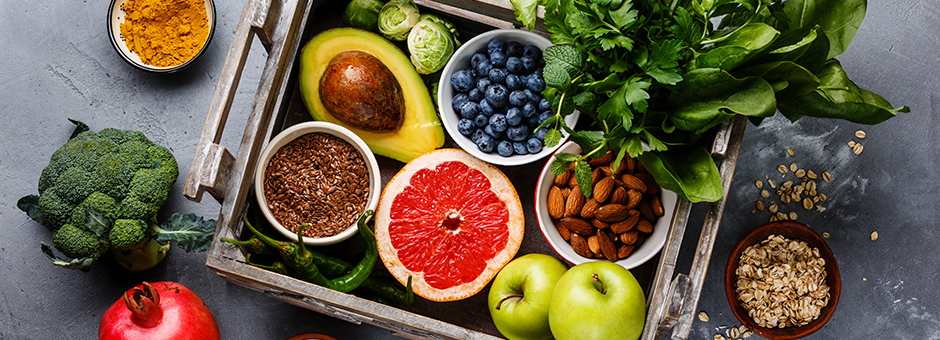Low carbohydrate diets are a topic that often come up when we look at ways to lose weight.
Low carbohydrate diets can vary greatly in their actual carbohydrate content and type of carbohydrate.
Carbohydrates are an essential part of our diet. Alongside other macro and micronutrients, carbohydrates contribute greatly to our overall health and wellbeing. Whilst reducing some carbohydrate intake may support your weight goals make sure you are targeting the right carbohydrates.
Carbohydrates are classified according to their molecular structure, but are usually divided into sugars, starches, and dietary fibres. Reducing intake on high sugar and starch carbohydrates (especially in liquid form) may be a good place to start.
What is a low carb diet?
The low carbohydrate diet is a way of eating that restricts the consumption of carbohydrates. Remember this doesn’t imply that carbohydrates are removed altogether from the diet. It only means that some carbohydrates are reduced or consumed in moderation. That said, low carbohydrate diets can vary greatly in their carbohydrate content.

Here is an example of what a low carbohydrate diet meal could look like:
Breakfast – 2 Scrambled eggs with 1 slice wholegrain bread + 1 Banana
Snack – 1 small skinny cappuccino
Lunch – Chicken salad with 100g sweet potato
Snack – 100g low fat yoghurt + 1 apple
Dinner – Salmon fillet with vegetables and 125g cooked wholegrain rice
Which foods are low in carbohydrates?
If you are watching your waistline, then these low carbohydrate foods may help you keep the fat off: proteins (meat, chicken, eggs, fish, and other seafood), vegetables, some fruits (berries), and healthy fats (nuts, avocado, olives, and nut butters).
Does the low carb diet work?
Most people see great results when adopting a low carbohydrate diet for a variety of reasons:
Cutting carbohydrates helps reduce your total daily calorie intake helping you create a calorie deficit and enabling weight management. A calorie deficit is an essential component of weight management.
By reducing carbohydrates, we have more room on our plate for bulking up meals with salads or vegetables which are high in fibre and lower in calories. The high fibre content leaves you feeling fuller for longer helping control your appetite and reduce total calorie intake.
Many high carbohydrate foods are also high in calories and fat (e.g. cakes, pastries, and crisps) or are often paired with high fat foods such as, pasta dishes with creamy sauces, sandwiches with butter and spreads or chips fried in oils. By removing these food items from your diet or at least reducing them, you are also reducing the unhealthy items they are paired with.
People that adopt a low carbohydrate diet are actively doing something about their weight and are more likely to be paying attention to other areas of their lifestyle such as increasing physical activity and reducing their alcohol intake which will also have a positive impact on their weight management goals.
Is low carb diet healthy/dangerous?

Remember that no carbohydrates are bad if consumed in moderation. If you are trying to achieve a calorie deficit some carbohydrates are not only lower in calories (e.g. fruits, vegetables, and wholegrains) but are also an important source of a variety of vitamins and minerals and are important sources of energy for your body. Carbohydrates are an important part of a regular diet and cutting them out completely is not recommended.
What is important is that you choose the right type of carbohydrates and consume them in moderation. Also think about the time of day you are consuming those carbohydrates as for some the temptation of eating again after your evening meal can undo the good choices you have made during the day
SLIMFIT Calorie Reducer reduces calories absorbed from carbohydrates, sugars and fats resulting in a reduced calorie intake. In addition, the reduced absorption of dietary carbohydrates helps stabilise blood glucose levels which helps in reducing food cravings.

